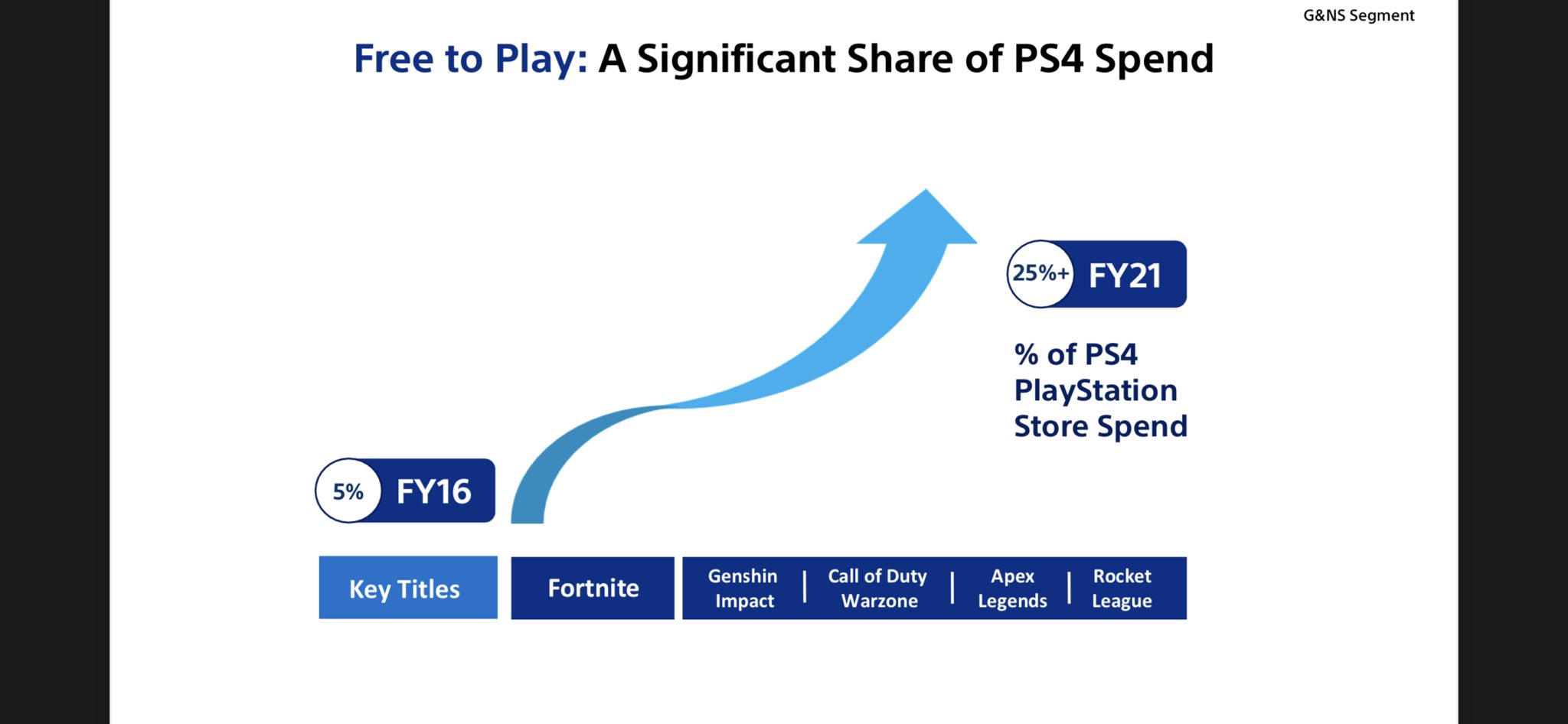- ARPDAUPosted 13 years ago
- What’s an impressive conversion rate? And other stats updatesPosted 13 years ago
- Your quick guide to metricsPosted 13 years ago
Why the iPhone is changing the games market
This article originally appeared on CasualGaming.biz.
The iPhone is changing the games market. But which one? To some it is the saviour of the mobile gaming business, which is struggled for years against consumer apathy, operators who don’t understand (or like) content and a fragmented device landscape which led to developers having to create hundreds, sometimes even thousands of SKUs.

To others, it is a handheld gaming platform that competes squarely with the DS and the PSP, despite having no buttons and less processing power.
So which is it?
The answer is both, and it is the unique combination of mobile and handheld, together with the simple and intuitive AppStore, that heralds the future of portable gaming.
Let’s start with some numbers.
There are only 13 million iPhone users (or were at the end of Q3 08), compared with 1.1 billion users of other handsets. Yet Pelago CEO Jeff Holden argued in BusinessWeek that these 13 million users had downloaded as much software as the other billion-odd users combined. So from a developer’s point of view, there is a single platform out there with a beneficial revenue share (30% Apple, 70% developer), a successful marketplace (the AppStore) and no need for a gazillion SKUs that outsells all the others combined.
“Why would I ever build for anything but the iPhone?” Holden is quoted as saying.
The comparison with the handheld market is also interesting. Apple is on track (again, according to BusinessWeek) to sell 40 million units in its first year. Nintendo sold 42 million units of the DS during the 18 months from January 2007 to June 2008. (I’m not sure if these are US or global figures.)
Bart Decrem, CEO of Tapulous, has further figures: Tapulous has 5 million users on the iPhone, 100,000 have purchased their most successful game Tap Tap Revenge and he adds that the iPhone has three times more games available than the DS, 5x more than the PSP.
 And before people argue that the iPhone is a phone and should not be spoken of in the same breath as the Sony or Nintendo platforms, Apple has just released the iPod Touch, which is essentially an iPhone without a phone.
And before people argue that the iPhone is a phone and should not be spoken of in the same breath as the Sony or Nintendo platforms, Apple has just released the iPod Touch, which is essentially an iPhone without a phone.
The iPod Touch is rapidly becoming the portable media player of choice amongst a younger audience, exactly the place that Sony wanted to be with the PSP. But the iPod doesn’t have expensive processors or a unique format disc like the UMD; it is an easy-to-use device that offers consumers their music, podcasts, short-form video and accessible games on the move and in my opinion, will be the final nail in the PSP’s coffin.
There are many reasons put forward why Apple has been able to take hold of and shake up the portable market so quickly (and by portable, I mean both mobile and handheld):
- Design: the iPhone embodies all of Apple’s characteristic cool, and its rounded corners mean that it is hardly noticeable in your pocket.
- Innovation: the touch screen and web browser navigation has the genius of simplicity.
- Brand: It’s Apple, and everything Steve Jobs touches turns to gold. (This one is strictly for the fanboys).
But as Sony clearly understands, it is content that drives hardware sales (Akio Morita bought Columbia Pictures after the failure of Sony’s Betamax to beat VHS to ensure that his hardware formats would never again fail due to a lack of content support).
All games platforms have risen or fallen based on the strength of their software base. Only this time, it is not the content per se, but the ease of getting it that makes a difference.
The AppStore is Apple’s true revolution. Taking the learnings from iTunes and applying them to a mobile, proprietary, always-on device is Apple’s master stroke.
The biggest cloud on the horizon for the iPhone is its very popularity. While some people are very successful as iPhone developers, and the stories of a one-man band making $21,000 a day with iShoot make a fabulous PR message, the reality is that the market is getting crowded.
Tap Tap Revenge’s success began in the middle of last year, when there were only a tenth the number of applications available on the AppStore as there are now, when every developer-and-his-dog is considering jumping on the bandwagon. And having 3x more software than the DS is not a necessarily a great selling point when the market is crying out that there are too many DS titles confusing consumers and under-performing at retail.
The combination of iPhone+iPod Touch+AppStore is revolutionising the market for portable gaming. But it is not an El Dorado of easy money any more. Successful developers will need to create innovative products that consumers want to play and find ways to market them, whether virally within the game, through web 2.0 activities or even just through spending money.
In other words, while the iPhone is a disruptive technology, being a developer is much the same as it was before.













